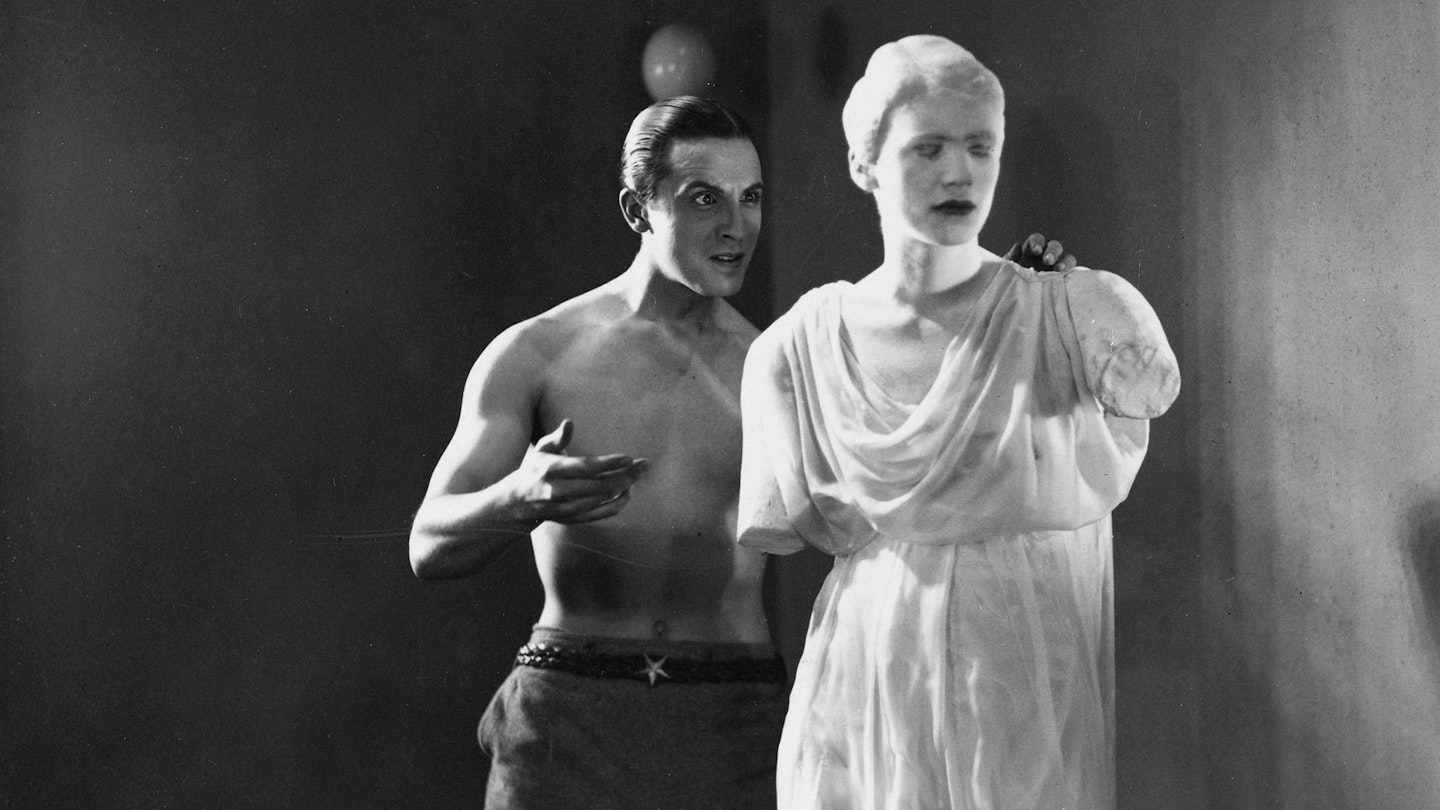When Jean Cocteau's film debut first played in America, a $25 reward was offered to anyone who could explain its meaning. Yet, while The Blood of a Poet continues to defy precise interpretation, it has come to be recognised as both a pioneering work of art and a foretaste of the themes and images that would come to dominate Cocteau's cinema.
Having dallied with infeasible success in everything from verse to fiction, theatre to ballet and tapestry to typography, Cocteau came to film convinced it was an artisanal pursuit wholly unsuited to conveying the poet's rarified impressions. Yet, despite his belief that poetry was more atuned to the realities of life and death than any other artform, he soon discovered that the moving image was also an infinitely subtle and deeply personal mode of communication.
Despite being sponsored by the same Vicomte de Noailles who had patronised Luis Buñuel and Salvador Dali, Cocteau vehemently denied that his film was in any way influenced by the Surrealists. Yet, his disregard for narrative convention and intuitive grasp of cine-lyricism clearly tapped into the Second Avant-Garde's experimental audacity. His use of mirrors, trick perspectives, reversed footage and animation to approximate the dream state is inspired and it's tempting to disregard his anti-allegorical protestations and seek intellectual significance in the stream of narcissistic images that elongates the time it takes for a building to collapse to explore the agony and the ecstasy of creation.
Yet even if this is only a reverie on the illogicality of the subconscious, it's still a triumph of the imagination and provides invaluable insights into Cocteau's artistic vision. However, it isn't quite the work of a polymathematic amateur, as the exquisite monochrome photography was fashioned by George Périnal (who regularly collaborated with René Clair and Alexander Korda), while the music was composed by Georges Auric, who scored 100+ films over the next 40 years.
